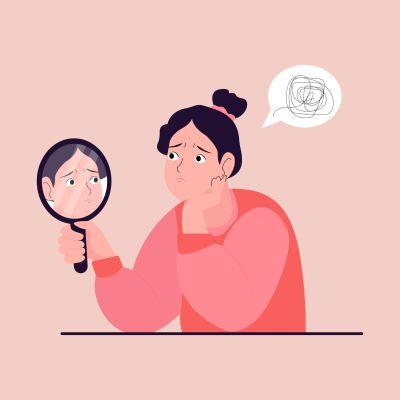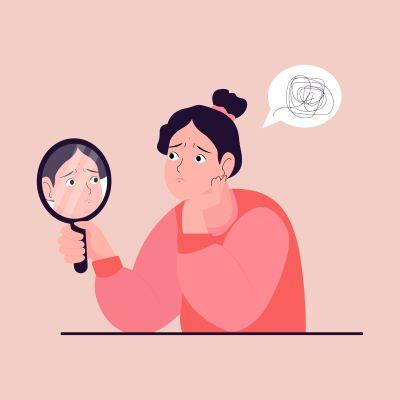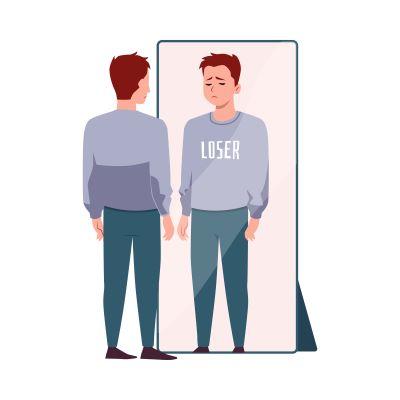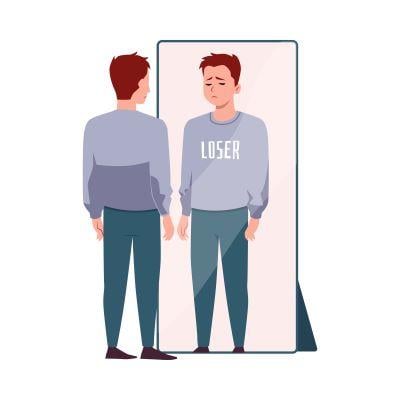Body Dysmorphic Disorder (BDD)
BDD Treatment Information
To get an accurate diagnosis and appropriate treatment, people must mention specifically their concerns with their appearance when they talk to a doctor or mental health professional. A trained clinician should diagnose BDD1.
However, you can take a self-test that can help suggest if BDD is present, but it will not offer a definitive diagnosis.
If your child is preoccupied with appearance so that it interferes with concentration in school or if behaviors listed above appear, talk to a mental health professional.
Effective treatments are available to help BDD sufferers live full, productive lives.
Treatment is tailored to each patient so it is important to talk with a doctor to determine the best individual approach. Many doctors recommend using a combination of treatments for best results.
- Cognitive-behavioral therapy (CBT) teaches patients to recognize irrational thoughts and change negative thinking patterns. Patients learn to identify unhealthy ways of thinking and behaving and replace them with positive ones. Find out about ACT with CBT.
- Antidepressant medications, including selective serotonin reuptake inhibitors (SSRIs), can help relieve the obsessive and compulsive symptoms of BDD.
















